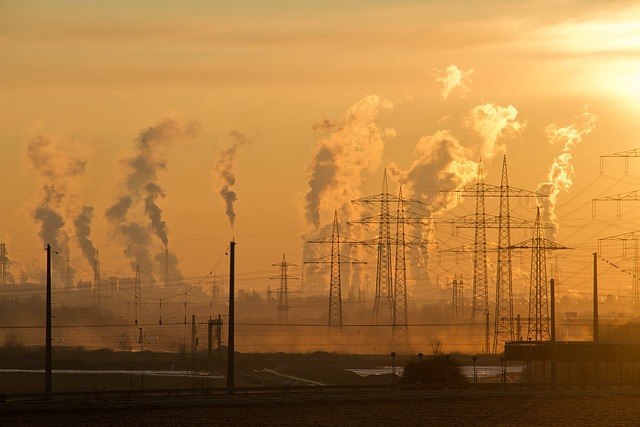Confronting the Impact: Environment and Climate Change in the Face of Water Pollution
As we stand on the brink of irreversible environmental changes, water pollution emerges as one of the most pressing challenges facing our planet. The very essence of life—clean, accessible water—is under siege, tainted by human negligence and industrial greed. With every polluted river, every toxic spill, and every plastic-laden ocean, we not only jeopardize aquatic ecosystems but also confront a broader crisis of climate change.
The Symbiotic Relationship Between Water Pollution and Climate Change
Water pollution and climate change are not isolated issues; they are intertwined elements of an environmental catastrophe. Contaminated water sources exacerbate the effects of climate change, creating a vicious cycle that threatens our future. As temperatures rise, the ability of natural water systems to filter pollutants becomes compromised. This results in excessive algae blooms, diminished oxygen levels, and the obliteration of marine habitats.
Moreover, the warming climate contributes to the increased frequency and intensity of severe weather events, which often lead to flooding. When floodwaters inundate urban areas, they carry pollutants—chemicals, waste, and debris—into rivers and oceans, further degrading water quality. In this way, climate change actively catalyzes water pollution, which in turn accelerates the climate crisis.
The Impact on the Environment
The consequences of water pollution on our environment are devastating. Aquatic ecosystems rely on clean water for survival, and when that balance is disrupted, the ripple effects are catastrophic. Fish and other aquatic life struggle to thrive in contaminated waters, leading to decreases in biodiversity. When these species decline, entire food chains become unbalanced, affecting not just the wildlife, but also humans who depend on these resources for sustenance.
Furthermore, polluted water bodies release hazardous chemicals into the atmosphere, contributing to air pollution and global warming. The health of our forests, wetlands, and coastal regions is intricately linked to water integrity. Those ecosystems serve as crucial carbon sinks, mitigating climate change. If we continue to allow water pollution to persist, we compromise their ability to function effectively, exacerbating the warming crisis.
The Human Cost
While the environment bears the brunt of water pollution and climate change, the human cost is equally staggering. Communities across the globe suffer from waterborne diseases, facing dire health consequences when access to clean water is curtailed. The impacts of polluted water are particularly acute in marginalized populations, highlighting a profound environmental injustice that transcends geographic boundaries.
Food security is threatened as agricultural runoff contaminates crop irrigation, leading to toxic residues in our food supply. All the while, climate change drives up food prices and creates competition for increasingly scarce resources. The marginalized communities, who often contribute the least to pollution and climate change, are left to grapple with the overwhelming consequences.
Taking Action
Confronting the dual challenges of water pollution and climate change requires urgent collective action. We can no longer afford to ignore the interlinked nature of these crises. It is crucial to advocate for policies that protect our water sources, restore natural habitats, and invest in sustainable practices aimed at reducing pollution and mitigating climate impacts.
Communities must engage in grassroots movements to demand accountability from industries that pollute and to support governmental regulations that prioritize environmental protection. We can all contribute, whether through supporting local clean-up initiatives, reducing plastic use, or advocating for more sustainable agricultural practices.
Ultimately, confronting water pollution in the context of climate change is not just an environmental issue; it is an urgent call to action for the future of our planet and its inhabitants. Together, we can reclaim our waterways, restore our ecosystems, and work towards a sustainable future where both water and air are clean, nourishing, and safe for generations to come.




